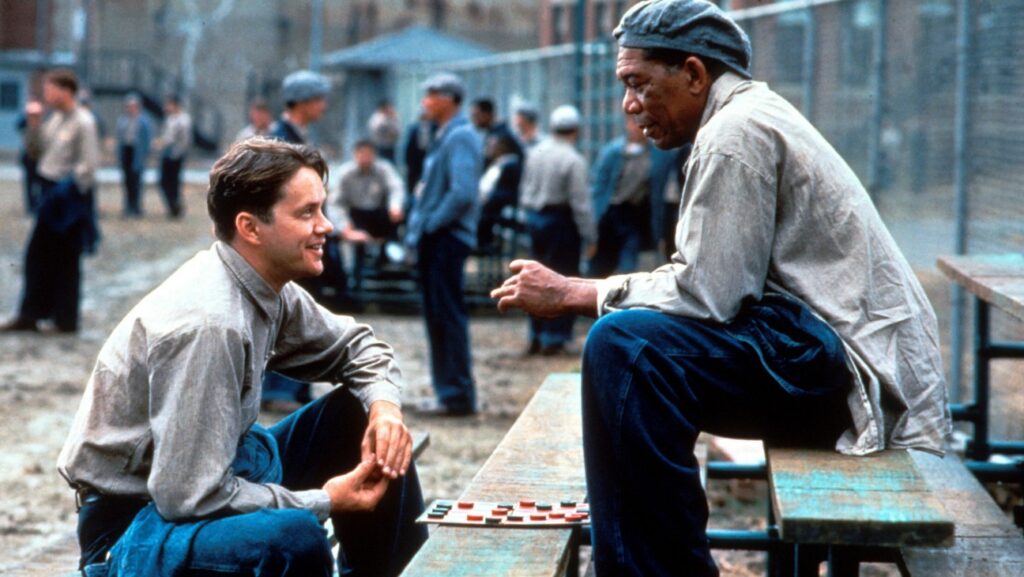Race and mental health: two topics that are rarely spoken about together. The link between the two is undeniable, but for many, it’s a topic we’re afraid to talk about. In this article, we explore how race impacts our mental health and what you can do to make sure your mental health isn’t impacted by racism.
Contents
Understanding Race And Mental Health
The first step to understanding the link between race and mental health is acknowledging that racism exists. Racism can take many forms, from intentional discrimination to subtle slights and microaggressions. All of these have an impact on our mental health.
Studies have shown that people of color experience higher levels of stress and anxiety due to racism. This can lead to several mental health issues, including depression, PTSD, and suicide. People of color are also more likely to be diagnosed with a mental illness than white people.
How Does Race Impact Mental Health?
Many factors play into how race impacts mental health. One study found that there is a connection between racial discrimination, stress levels, and mental illness.
Racism affects our mental health in several ways:
- It can cause anxiety because it forces us to think about our identity more often than others may have to. This is making people of color feel bad. Even if nothing big happened today, they are still stressed.
- Racism can take away from other parts of life, like family time and friends. Racism is a part of who we are – our race. We should not think about it all the time or else our mental health will suffer.
- Racism can also make us feel ashamed of our cultural heritage. Sometimes people think that they have to be like white people to fit in. That’s incorrect- we are all individuals.
- Lastly, racism creates an environment of hostility and mistrust. This makes it difficult for people of color to form relationships with others, exacerbating any feelings of loneliness or isolation.
What You Can Do?
If you’re a person of color, there are a few things you can do to protect your mental health:
- Educate yourself about racism and its effects on mental health. This will help you understand why you’re feeling the way you are and give you some tools to deal with it.
- Talk to someone about what you’re experiencing. It can be tough to talk about racism, but it’s important to have a support system.
- Find ways to reduce stress in your life. This could mean practicing yoga or meditation, spending time outdoors, or hanging out with friends and family.
- Challenge yourself to confront racism when you see it happening. Racism is everywhere, but that doesn’t mean we have to accept it. Speak up against discrimination and bigotry whenever possible.
Strategies To Deal With Mental Health Problems Due To Racism
- Make a schedule to take care of yourself. When you’re feeling stressed, it’s important to make time for self-care. This can be as simple as taking a bath or going on a walk with your dog every day.
- Find ways to relax and calm down after experiencing racism. Maybe go watch an episode of your favorite TV show, read your favorite book, or take a nap.
- Talk to somebody about what you’re going through. It can be really helpful to talk to someone who will understand and support you.
- Join a community of people of color that focus on discussing race and mental health. This can provide some much-needed solidarity and support.
Maintaining Mental Health In A Racially Charged World
It can be hard to live in this world. You want people to remember that we all have mental health. No matter what your race, you deserve to take care of yourself. Make sure you are taking care of your mental health too. Taking a proactive approach to your mental health can go a long way in protecting you from the effects of racism.
Helping Someone Who Is Suffering From Mental Problems
If someone you love is suffering from mental illness, then it’s important to talk about what they’re experiencing. Mental health conditions are serious and should not be ignored.
Make sure that your loved one also has support in this time so they know that there are people who care for them. If you have a mental illness, it can make the problem worse. Or it could lead to suicide or other problems.
Your friend is working hard to get better. You should be patient with them. It will take time before they feel good again. We hope these tips help keep you safe and healthy.
Conclusion
Mental health is a topic that affects everyone, regardless of race. Learning about different cultures and how to talk about mental illness can help people feel better. The National Alliance on Mental Illness has information for people who want to know more about mental illnesses. This blog post only talks about how to empower your community members. If you are looking for affordable Online Counseling MantraCare can help: Book a trial therapy session







